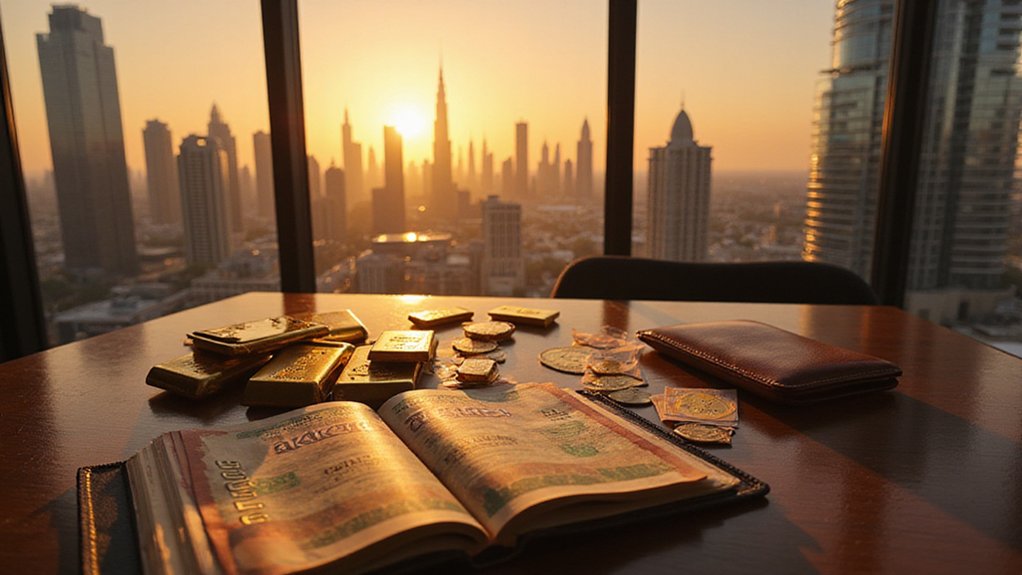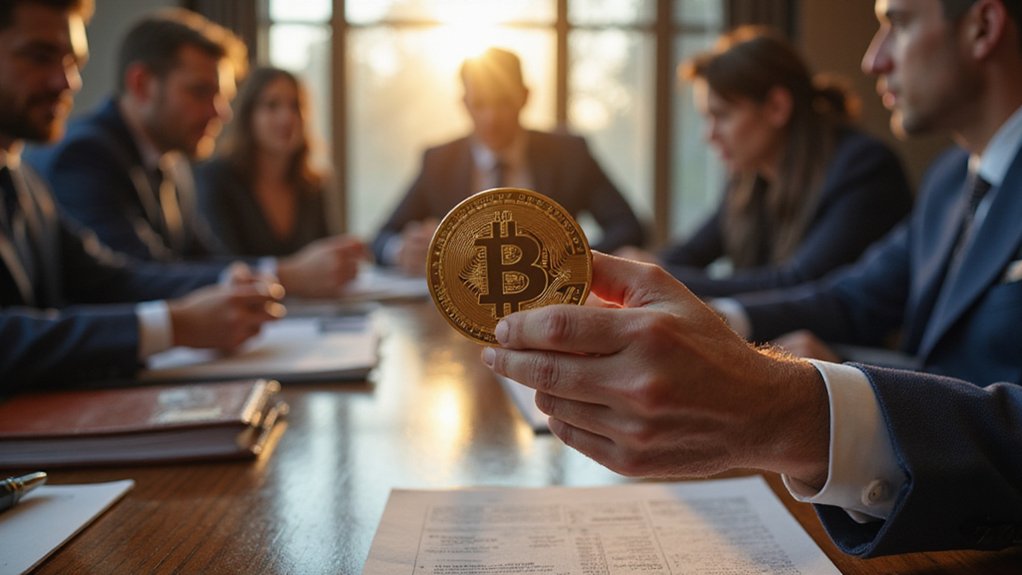While most of the world’s regulators remain locked in bureaucratic paralysis over cryptocurrency oversight, the United Arab Emirates has quietly assembled what may be the most thorough—and surprisingly coherent—virtual asset regulatory framework on the planet. The result? A magnetic pull for crypto tycoons seeking something increasingly rare in the digital asset space: regulatory clarity paired with genuine wealth preservation advantages.
The UAE’s approach involves four primary regulatory bodies—the Central Bank of UAE, Securities and Commodities Authority, Virtual Assets Regulatory Authority, and Dubai Financial Services Authority—each governing distinct aspects of the crypto ecosystem. This multi-agency framework, rather than creating confusion, has produced remarkably extensive coverage spanning everything from payment systems to security tokens, with licensing requirements for exchanges, custodians, and market makers that actually make sense.
Four regulatory bodies create comprehensive crypto oversight that actually works—spanning payments to securities with sensible licensing requirements for all market participants.
Recent regulatory updates have sharpened this competitive edge considerably. The Central Bank now permits only dirham-backed stablecoins (algorithmic tokens are banned outright), while VARA restricts crypto marketing to licensed entities—including social media influencers, because apparently someone finally noticed that financial advice from TikTok might require oversight.
The Dubai Financial Services Authority has enhanced token admission rules, and virtual asset transactions became mostly exempt from the 5% VAT as of November 2024.
For crypto magnates, the financial advantages extend far beyond regulatory coherence. The UAE imposes no personal income tax or capital gains tax on cryptocurrency assets—a detail that tends to capture the attention of individuals whose portfolios fluctuate by millions daily. The VAT exemption on virtual asset transactions preserves trading value in ways that compound greatly over time.
The strategic positioning proves equally compelling. Specialized free zones like RAK Digital Oasis attract Web3 ventures, DAOs, and NFT projects, while the country pioneers central bank digital currency initiatives including the Digital Dirham and cross-border mBridge project. Many crypto tycoons have also recognized opportunities in crypto staking as a way to generate passive income from their digital assets while maintaining their UAE residency benefits. The framework has already attracted over 30 billion in crypto-related investments during 2024, demonstrating its effectiveness in drawing institutional capital.
This infrastructure development, combined with proximity to emerging MENA and Asian markets, creates an ecosystem where crypto wealth can not only be preserved but actively cultivated. Given the complexity of navigating these regulatory frameworks, many crypto entities benefit from expert legal solutions that can address their diverse compliance and operational needs.
The compliance costs remain substantial, and maneuvering variations between emirate regulators requires expertise. However, for crypto tycoons weighing global options, the UAE offers something increasingly precious: a jurisdiction where digital wealth faces clear rules rather than regulatory roulette.







